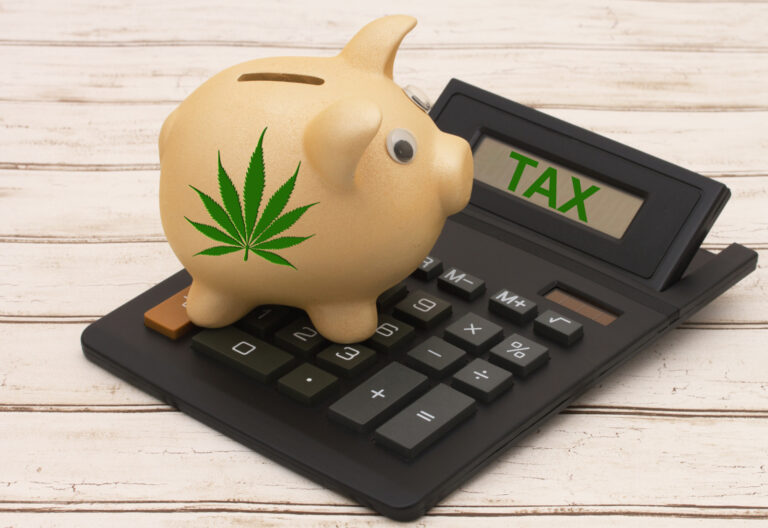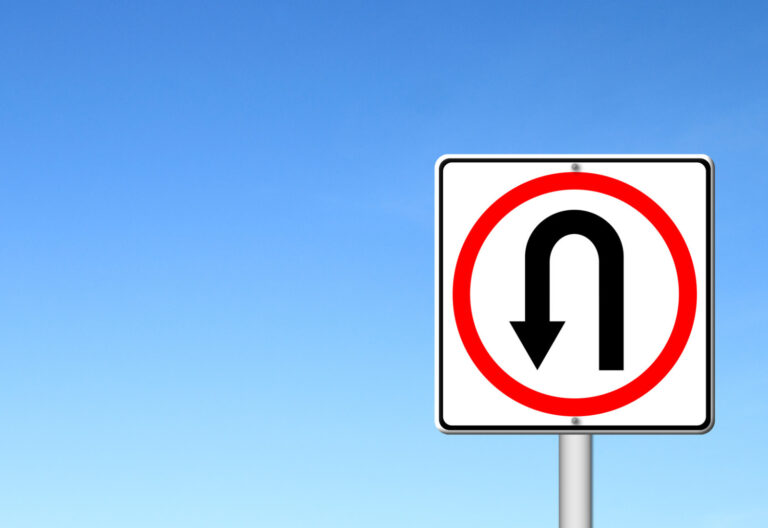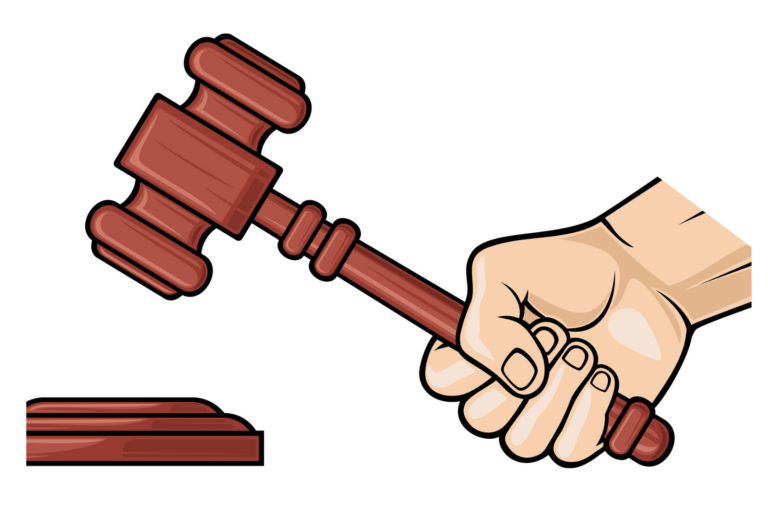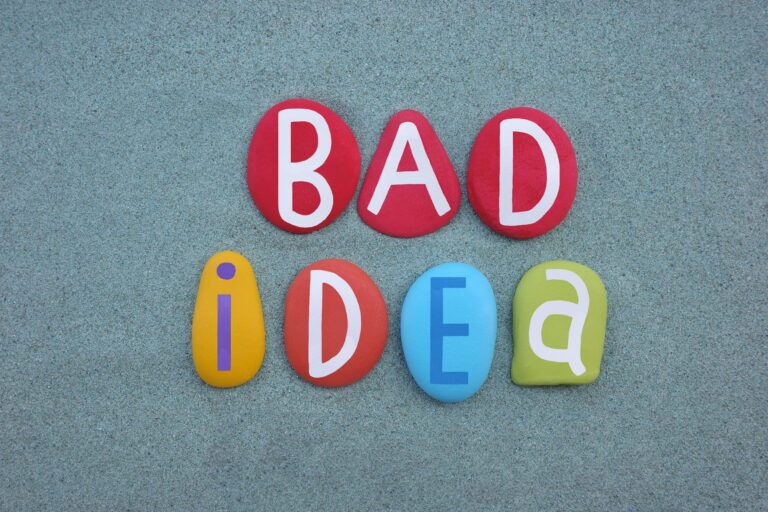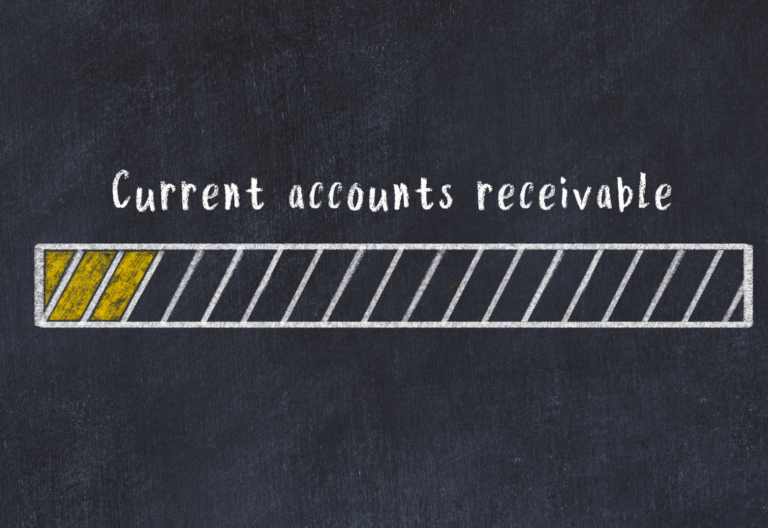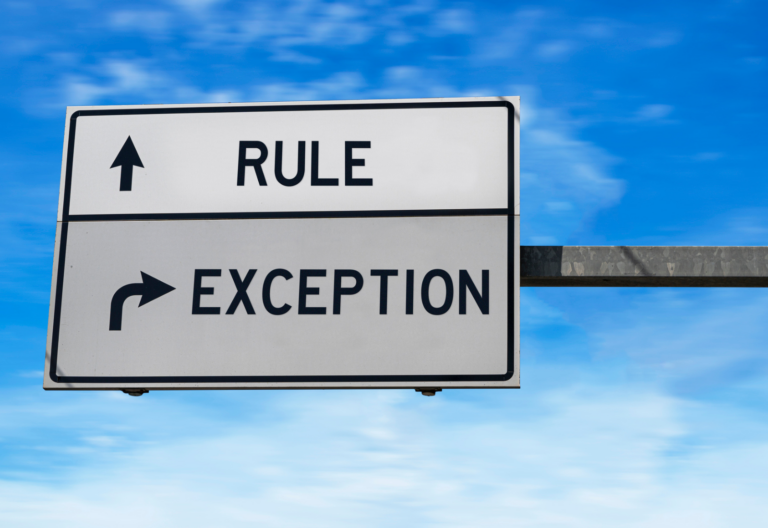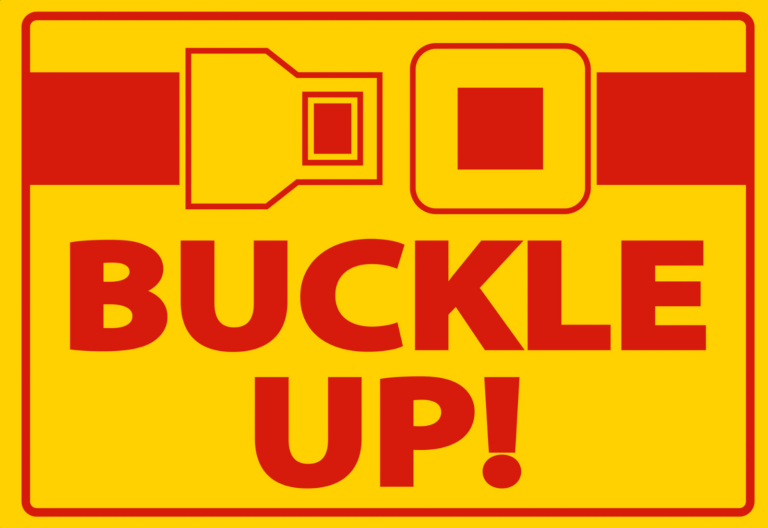
Cannabis Receiverships Are Coming to California
California’s cannabis industry is a mess. Between the rampant illegal market, onerous taxation, unnecessarily complicated regulations, debt defaults, and a host of other factors, things have never been worse. Businesses big and small are imploding. Without federal bankruptcy protection, the best tool available to insolvent and nearly insolvent companies is gone. So we’re going to










